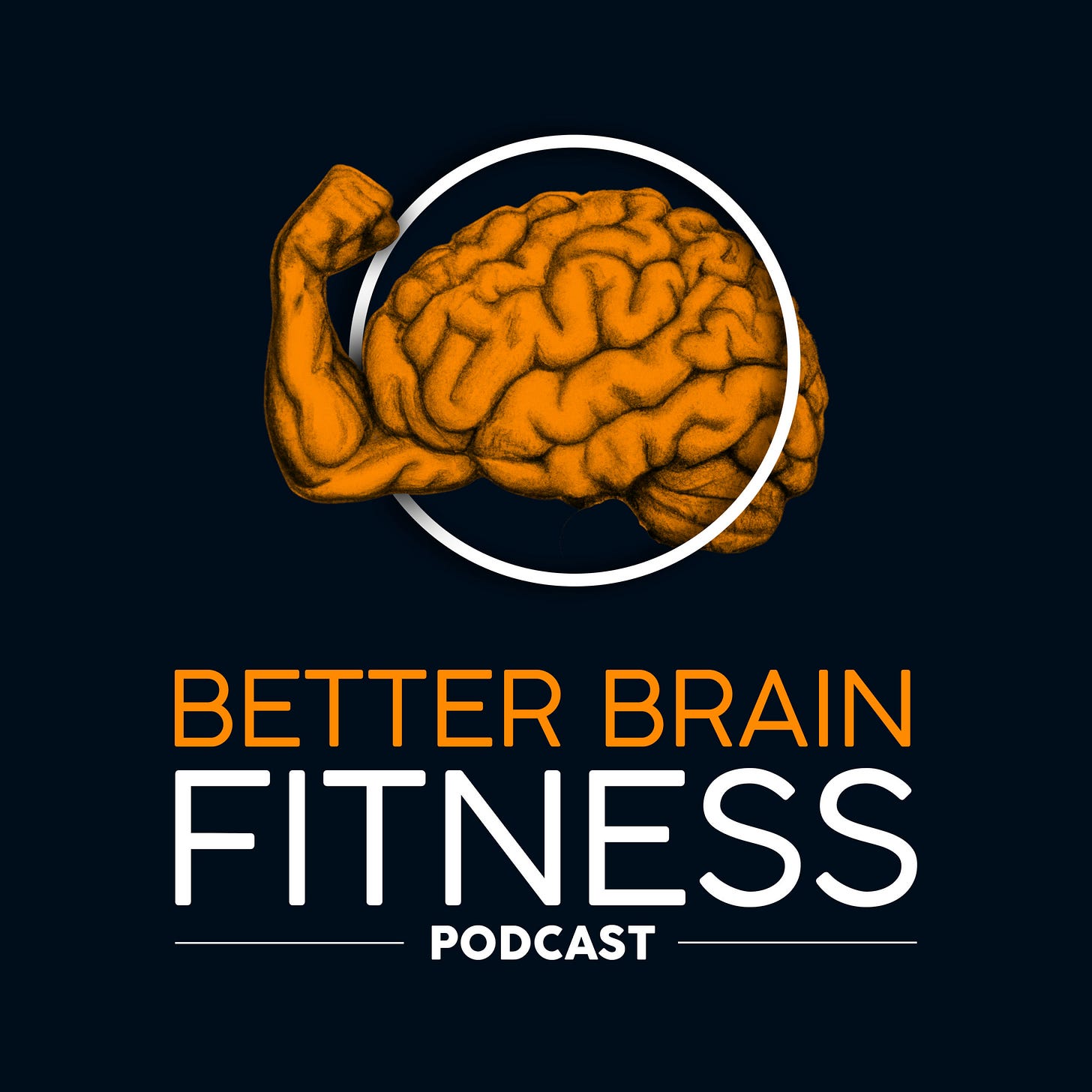Don't Tell Me What To Do!
Blinking racecar drivers and the perils of explicit instruction.
When driving a racecar, closing your eyes can be hazardous to your health. And yet, we all have to blink sometimes, right?
When piloting a death machine at speeds in excess of 200mph, it seems likely that there are times when blinking is a bit less dangerous than others. Is it possible, then, that professional racecar drivers could blink strategically?
According to a recently published study that’s been circulating the news outlets, the answer is yes indeed they could.
In the study, neuroscientist Ryota Nishizono and colleagues analyzed the blinking patterns of three Formula One drivers at the same track. Lo and behold, they all blinked at the times when driving blind was least likely to lead to calamitous bodily harm. Which also meant that the pattern of blinking was quite similar from one driver to the next.
Who knew?!
It’s How You Use It
In a recent newsletter, I reviewed data refuting the commonly held notion that young brains are better at learning new skills than older brains.
If that’s true, then, why does it seem like kids pick up things better than grown ups out in the real world?
Well, remember that the question here is what our brain is capable of throughout our lives.
Having a plastic brain is what makes learning possible - how well we utilize that plasticity is what determines what we actually end up learning.
And this is one areas where kids tend to have an advantage.
Learning To Talk
There are 44 phonemes in the English language - phonemes are the sonic building blocks that we combine to form words. Creating each phoneme requires a precisely coordinated, distinct sequence of contractions of over twenty different muscles that control our vocal apparatus (diaphragm, vocal cords, lips, tongue, jaw, soft palate).
Now I want you to think back to those countless hours you spent in phonemic articulation class memorizing how to co-vary your lateral and posterior cricoarytenoid muscle and genioglossal contractions in order to clearly delineate your plosives from your fricatives. And you probably still have nightmares about those dreaded diphthong exams!
Or maybe the whole thing was just a dream?
Given the number of sounds you must learn to make and the number of muscles involved in making them, operating your vocal apparatus in order to talk is a more complicated affair than operating a musical instrument.
And yet, with no direct instruction whatsoever, you became a virtuoso.
How? Because learning, like everything else that powers the incredible feats of human cognition, happens in non-conscious parts of the brain.
That’s why we don’t know how we learned to talk. That’s why we wouldn’t have a clue as to how to teach another human how to do it. That’s why trying to learn to talk through direct instruction wouldn’t work.
It’s also why, up until last week, nobody knew that racecar drivers were strategic blinkers, including the drivers themselves.
We don’t acquire complex cognitive skills and abilities by direct instruction, but through exploration and discovery. We do so by providing our brain the conditions that allow the non-conscious bits to do their thing (and the role of teachers and systems of instruction is to help create those conditions).
Kids tend to learn through exploration and discovery, and typically resist being told how to do things. Studies show that the older we get, the less likely we are to learn through exploration, and the more likely we are to seek out direct instruction.
Superior learning strategy, superior results.
Brainjo Bite: Songs Versus Skills?
In this week’s Brainjo Bite, I discussed how the desire to be told exactly what to do undermines our success in learning music.
Brain Boosting Resources
In this section, I’ll provide some of my favorite recommended resources for improving brain health and function.
Brain-Boosting Card Game For All Ages: “Set”
The card game “Set” is loads of fun, a great cognitive exercise, and competitive regardless of the age of the players (i.e. you can play it with your kids or grandkids and you probably won’t need to “take it easy” on them). That is a rare trifecta, which is why it’s has been a favorite in our family for years.
This Week On The Better Brain Fitness Podcast: “Does Cannabis Damage The Brain”
After our recent episode on the effects of alcohol on brain heath, several folks asked us about the long term effects of cannabis on the brain.
So we dug into the research and did our best to give an answer!
Click here to submit a question for the podcast.
Study: Cannabis use does not increase actual creativity but biases evaluations of creativity.
I alluded to this amusing study in the Better Brain Fitness episode above. While the use of cannabis is known to produce a range of short-term cognitive impairments, it’s long been believed by many to enhance creativity.
But, according to a recent study, that idea might be half-baked...
In the study, researchers found that cannabis use did not lead to improvements in creativity, though it did led to the subjects thinking their work was more creative. Or, in the words of the authors, “cannabis use facilitates joviality, which translates to more favorable evaluations of creativity of one’s own ideas and others’ ideas.”
I must say, making you laugh and love yourself a bit more isn’t a bad consolation, though. :-)
Thanks for reading this edition of The Brainjo Connection. See you next time!
Josh



